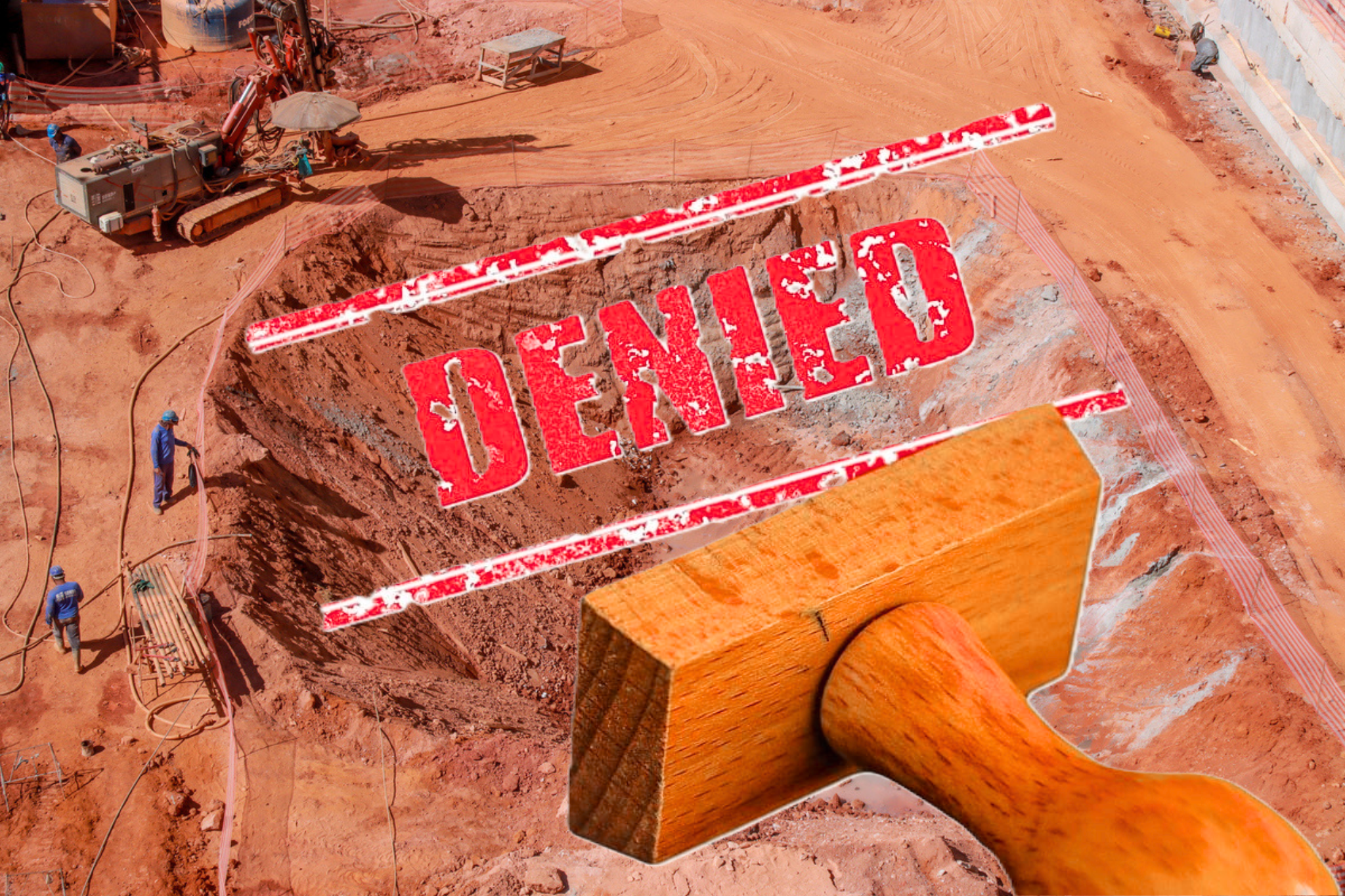您想继续阅读英文文章还
是切换到中文?
是切换到中文?

THINK ALUMINIUM THINK AL CIRCLE

Guinea has just made a move that could send tremors through global commodity corridors, cancelling from 50 plus to 129 mineral exploration permits in a single sweep. No clarifications. No negotiations. Just a decree from the military-led government aimed at “tightening control” over the West African nation’s mineral treasure trove. A senior official at the Ministry of Mines said the move was to free unused resources for other more potent investors. “We’ve simplified it by digitising the whole system, which can now be better controlled,” the official has disclosed to Reuters, speaking on condition of anonymity.

If you think this is just another bureaucratic reshuffle, think again.
This is Guinea signalling that it’s done playing host to dormant licences and absentee investors. The implications stretch far beyond gold pans and drill cores, and they cut right to the heart of the global aluminium value chain.
Guinea is no ordinary mining outpost. It sits atop more than a quarter of the world’s known bauxite reserves, which is the essential feedstock for aluminium. Aluminium, in turn, is the bloodstream of modern infrastructure, electric mobility, packaging, and aerospace. From Chinese refineries in Shandong to aluminium extruders in Germany, Guinea’s bauxite feeds a global industrial engine.
As the top importer of Guinea’s bauxite, China has more than a passive interest in this shake-up. Its top aluminium producers, including Chalco, Weiqiao, and Xinfa, depend heavily on uninterrupted bauxite flows from Guinea to feed their domestic alumina refineries.
So far, Chinese firms have managed to keep their operations mostly intact, often by investing in local infrastructure: ports, railways, and social development. But even they are not untouchable. The current regime in Conakry has made it clear: concessions must yield community development, not just corporate profit.
“In recent years, the Guinean mining sector has undergone a significant transformation, marked by improved structuring, a strong commitment by the authorities to develop national resources, and a greater openness to responsible investment. Thanks to its immense wealth of bauxite, iron, gold, diamonds, and other strategic resources, Guinea is now considered one of the most promising mining hubs on the African continent. This momentum is supported by reforms aimed at increasing transparency, strengthening local content, and improving economic benefits for host communities. The Guinean government has also emphasised the need for more sustainable, balanced, and inclusive exploitation of natural resources. In this favourable context, our company, Chalco Guinea Company SA, is fully committed to a long-term partnership with Guinea. We view our activities not only as an economic investment but also as a contribution to local and national development.” shared Yaya Mara, Officier Communication Chalco Guinea Company SA.
…and so much more!
SIGN UP / LOGINResponses








